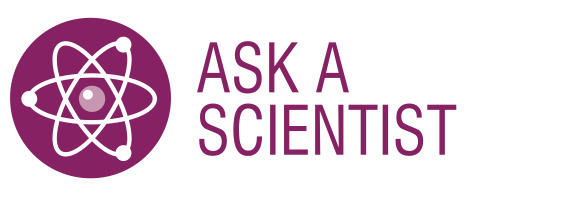
Associate Professor Kirk L. Hamilton, a physiologist from the University of Otago, responded.

However, some people might perceive a certain type of smile as "sinister or a dastardly look". What about a smiling politician?
Humans and other primates smile or appear to be smiling but the interpretation of smiles may be vastly different. Many believe Charles Darwin was the first biologist to describe and catalogue human facial expressions, and made comparisons with other animals, including primates, as recorded in his 1872 book The Expression of Emotions in Man and Animals. Others have followed Darwin’s lead, such as Dame Jane Goodall.

Members of the individual’s troop respond to the perceived threat by displaying their teeth touching, lips curled. Also they hold their hands in front of their face to hide a "grin" in a sign of submission. Interestingly, when a human shows a wide mouth smile, including the upper and lower teeth, it is seen as a threatening expression to chimpanzees.
As tourism increases throughout the world, but even before Covid, researchers had grave concern about holiday destinations where people may interact with wild animals, monkeys in particular. People continue to not recognise the smiling behaviour of monkeys is an act of aggression. Recent studies estimate bites from monkeys are the second cause of injury, next to dogs, in South East Asia.
On a personal note, I try to make my family smile every day by, what some in our family say are, "Dad Jokes". In the end, they are smiling, so, mission accomplished! Anatomically, one uses fewer muscles to smile than to frown, in a sense ... smile and you are saving energy. So, just smile!
Ask a question
- Send questions to: Ask-A-Scientist, PO Box 517, Dunedin 9016
- Email question.aas@gmail.com














